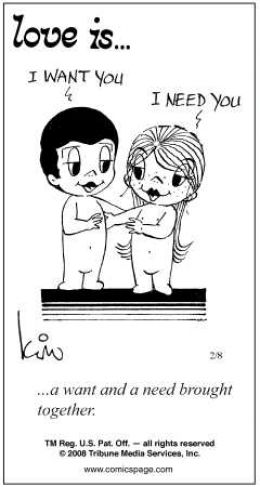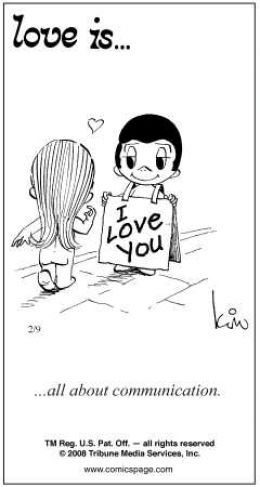Those in Hell Can Come to Heaven
BonniePonce
 Bonnie ponders C. S. Lewis' question of what would happen if people sent to hell could visit heaven. C.S. Lewis’ controversial novella, The Great Divorce, offers a unique view of heaven and hell. In the opening of the story the narrator is standing in line for a bus in Gray Town. It is a dreary place that is perpetually twilight and raining. When the bus comes, it takes them to heaven, a bright and colorful place, totally opposite of Gray Town. The premise is that anyone who wants to stay in heaven can, but they have to speak to a person from their past that they knew on earth.
Bonnie ponders C. S. Lewis' question of what would happen if people sent to hell could visit heaven. C.S. Lewis’ controversial novella, The Great Divorce, offers a unique view of heaven and hell. In the opening of the story the narrator is standing in line for a bus in Gray Town. It is a dreary place that is perpetually twilight and raining. When the bus comes, it takes them to heaven, a bright and colorful place, totally opposite of Gray Town. The premise is that anyone who wants to stay in heaven can, but they have to speak to a person from their past that they knew on earth.
Three interactions between visitors from Gray Town and residents from heaven are examples Lewis’ social commentary of our culture.
The Apostate and the Spirit After they great each other, they begin to discuss their friendship on earth and their current locations. The Apostate asks, “Do you really think that people are penalized for their honest opinions? Even assuming, for the sake of argument, that those opinions were mistaken.” The Spirit asserts that they followed the academic fads of the times, stating that, “we were afraid of crude salvationism, afraid of a breach with the spirit of the age, afraid of ridicule, afraid (above all) of real spiritual fears and hopes… Having allowed oneself to drift, unresisting, un-praying, accepting every half-conscious solicitation from our desires we reached a point where we no longer believed in the Faith…The beliefs are sincere in the sense that they do occur as psychological events in the man’s mind. If that’s what you mean by sincerity they are sincere, and so were ours. But errors which are sincere in that sense are not innocent.” They continue to talk and the Spirit asks his friend to repent and believe in God, the eternal fact. The Apostate returns to Gray Town unable to repent.
The Man in Sexual Sin There is a man, like a ghost but dark and oily stumbling through Heaven. He carries on his shoulder a red lizard that whispers in his ear. An Angel approaches him and asks him if he would like him to quiet the lizard and the ghost replies that he would. The Angel states that to silence the lizard, he will have to kill him. The lizard’s voice becomes louder as the Angel continues to offer to kill it. He says, “I know there are no real pleasure now, only dreams. But aren’t they better than nothing? And I’ll be so good. I admit I’ve sometimes gone too far in the past but I promise I won’t do it again. I’ll give you nothing but really nice dreams-all sweet and fresh and almost innocent. You might say, quite innocent…” The man agrees to let the Angel kill the lizard and out of it comes a beautiful man restored to his sexuality embodied in the form of a great stallion. He stays in heaven to live as a resident of heaven.
Sarah Smith and the Tragedian A woman from Heaven, whose name was Sarah Smith, comes to meet her husband, whose self pity has split his soul in two. The man is now a dwarf, leading a tragedian, which is the embodiment of his self-pity. Even as his wife meets him, his is upset that she didn’t miss him since their death and separation. His wife asks for his forgiveness for all that happened when they were on earth and asks him to let go of the chain connecting him to his self-pity. Unable to let go, eventually his soul disappears and ceases to exist at all.
These three encounters lead us to ponder some interesting questions about our culture today. In the first one, the Apostate is in Hell because though he had sincere beliefs and opinions they were wrong and he was sent to Hell. Would a loving God send us to Hell just because our opinions are wrong?
In the second case, a man who struggles with sexual sin – be it homosexuality, adultery, pornography etc. be redeemed and stay in heaven?
In the third case the man’s self-pity consumes his soul so that he ceases to exist. Does self pity keep us from living?
Bonnie Ponce is the Director of Support Raising for Relief and lives in Huntsville, Texas with her husband and betta fish. She has a BA in English from Sam Houston State University. After work she enjoys relaxing with a good book or working on her novel.







 <---love is...
a want
<---love is...
a want